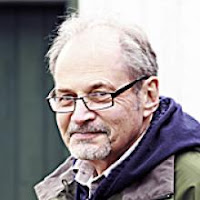No Treasure but the Gospel
Last week, the Anglican Church of Canada was rocked by a report that the last member would leave the church by 2040. Decline in church membership is nothing new to Anglican Church of Canada. There has been a steady decline in this denomination since our apogee in 1961, decreasing from 1.2 million adherents to just over 300k today. But for a denomination that was the third largest in Canada for most of its history, it is difficult to come to terms with the news that the institution will flatline within a generation if nothing changes. Of course, this report is, at least in part, a trick of how statistical modelling works. It is unlikely that many of the young families who still call Anglicanism home will somehow disappear in the next 20 years, but given that the overall demographic of the denomination skews elderly, it is not preposterous to suppose that many parishes will be closing their doors in the coming years. As a postulant for ordination in priestly ministry, and a PhD stud...

